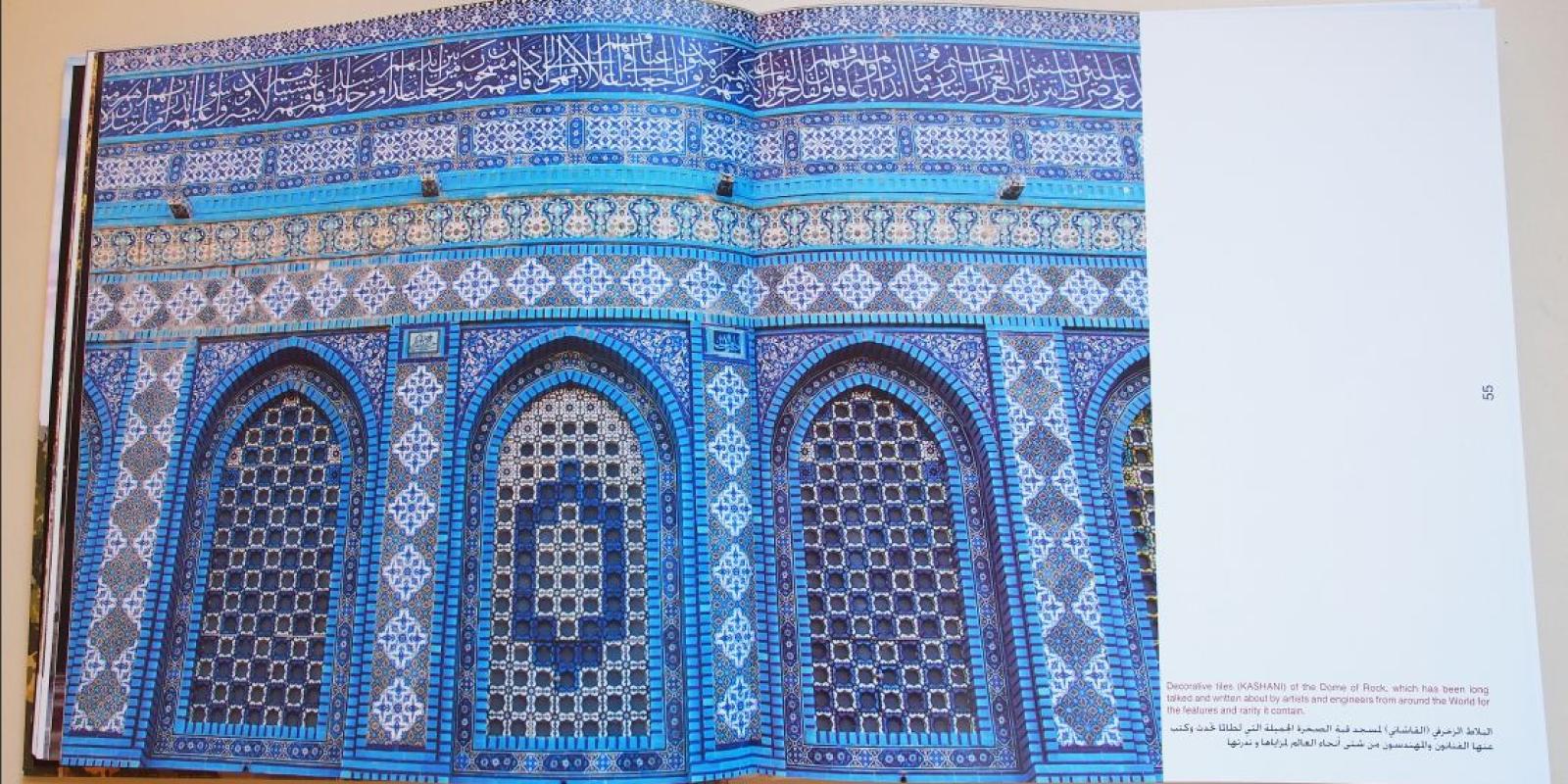
Palestine Through the Lens of an Engineering Student
Yasser Khaldi, architecture engineering major and recipient of the Palestinian Scholarship Fund at AUC, has already published three books and he hasn’t even graduated yet. His books stimulate awareness for the world to discover his country, Palestine, through photography.
Born in Egypt, Khaldi moved to Palestine when he was 1 year old and grew up with limited freedom to explore his childhood due to the Palestinian-Israeli conflict. It was only after he turned 17 that he left his town Ramallah, Palestine for the first time.
Insight into Palestine
“Growing up without exploring Palestine freely was difficult because there were a lot of checkpoints and barriers,” said Khaldi. “One of the reasons why I started photographing Palestine is because the media only highlight the conflict. My books document the other side of Palestine, the side that highlights people’s daily lives and what tourists would expect to see. Even though the conflict is a major part of our lives, Palestinian cities operate and function like most normal cities in terms of work, culture and night life, but with different circumstances.”
Khaldi is the author of Jerusalem Speaks for Itself (2014), Ramallah Like You’ve Never Seen Before (2014) and Bethlehem: The Birth Place Of Hope (2015). From historical gates to mosques and churches, each book highlights the culture, history and ancient architecture in each city. “I started off with Ramallah,” Khaldi said. “After documenting that, I was motivated to discover my origins in Jerusalem, which dates back hundreds of years. My objective through these books is not only to attract foreigners to these cities, but also to express the culture and history through photography.”
Hardships that Pay Off
As a Palestinian, touring and photographing the holy city of Jerusalem was no easy task. For Khaldi, Jerusalem Speaks for Itself was the most difficult to produce due to photography restrictions in some historical sites. “I was often questioned if I was Palestinian or a tourist, so in many occasions I had to find my way around,” he explained. “My trips had to be very well-planned because of the limitations I had.”
In comparison, the city of Bethlehem was welcoming. “The people were very informative and even provided me with a tour guide,” he reflected. “There is much more flexibility in Bethlehem because tourism is popular.”
For Khaldi, Palestine has shaped who he is today. “I know the potential of the country where I grew up in and how it has affected me,” Khaldi noted. “While growing up in the midst of civil conflict, I learned that to express yourself through anger or any inappropriate way won’t convey a message, but to do it in an ethical manner would help people grasp the message clearly, especially if it’s in the field of culture and arts.”
Alongside pursuing his bachelor’s at AUC, Khaldi also completed a six-week course at Harvard’s Graduate School of Design in Summer 2015. “It was very enriching and eye opening for the potential that people can have and be in the future,” he said. His first architectural design has already been implemented in the King Abdullah II Square in Ramallah, which is known as a cultural zone and community space for both tourists and citizens.
Khaldi’s books have been exhibited in Egypt, Jordan, Turkey, Italy, France and the United States. In addition, his work has been displayed at the 2015 Cairo International Book Fair and the 2014 International Year of Solidarity with the Palestinian People established by the United Nations Educational, Scientific and Cultural Organization in Paris.
After Khaldi graduates from AUC this spring, he plans to pursue a master’s in urban strategies and design. “I hope I can take part in developing a sustainable Palestinian urban core, which can connect cities together, despite the fact that some territories are under the Israeli occupation, which hinders development,” he said. “I am grateful for my education at AUC. My photography skills come from utilizing AUC’s online software, like Lynda.com. If it wasn’t for AUC’s academic facilities or online resources, I wouldn’t be where I am today.”
Khaldi’s books are available and can be purchased from Diwan Bookstore and on Amazon.com.
